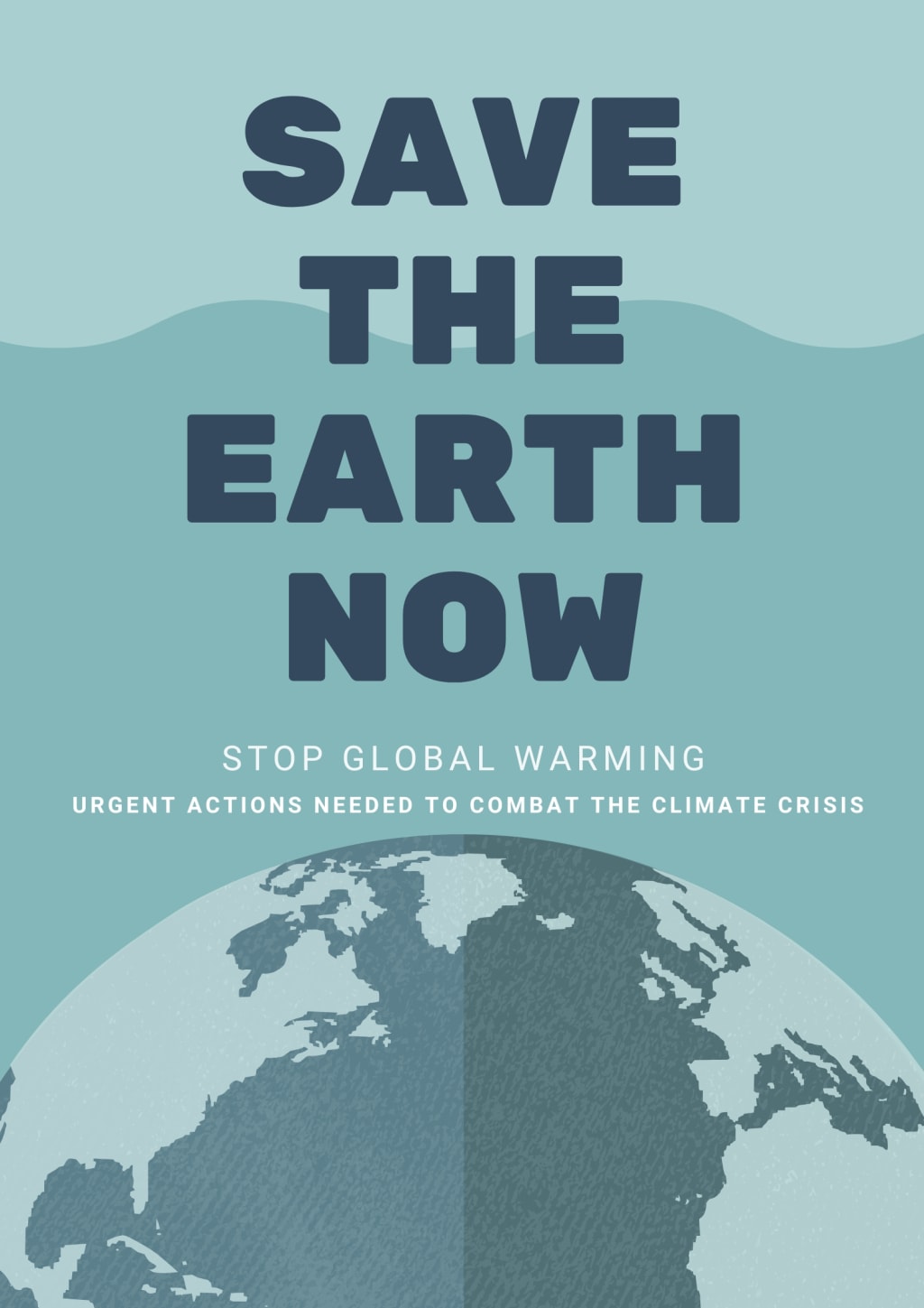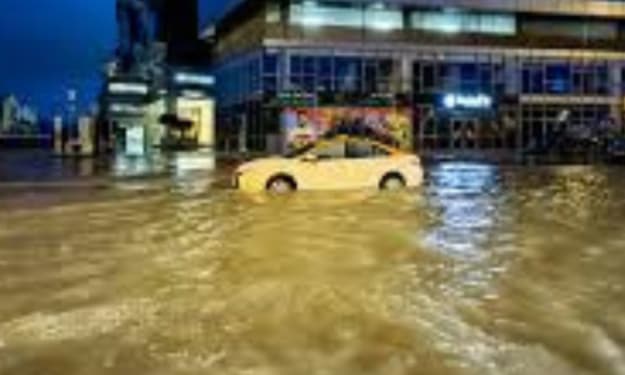Global Warming
Urgent Actions Needed to Combat the Climate Crisis

Global warming, a pressing environmental issue of our time, continues to accelerate, posing significant threats to our planet and all its inhabitants. It is a phenomenon characterized by the gradual increase in Earth's average temperature, primarily caused by the excessive release of greenhouse gases into the atmosphere. The consequences of global warming are far-reaching, affecting ecosystems, weather patterns, human health, and the overall sustainability of our planet. Urgent actions are required at every level to mitigate and adapt to this existential crisis.
The Science Behind Global Warming
The scientific consensus is clear: global warming is primarily caused by human activities. The burning of fossil fuels such as coal, oil, and natural gas releases vast amounts of carbon dioxide (CO2) and other greenhouse gases into the atmosphere. These gases trap heat from the sun, preventing it from escaping back into space and leading to a rise in global temperatures. Deforestation and industrial processes also contribute to the increase in greenhouse gas emissions, exacerbating the problem.
Consequences of Global Warming
Global warming has severe repercussions on our planet. Rising temperatures have led to the melting of glaciers and polar ice caps, causing a rise in sea levels. Coastal areas are increasingly vulnerable to flooding and erosion, displacing communities and endangering critical ecosystems. Extreme weather events, including hurricanes, droughts, and heatwaves, are becoming more frequent and intense, resulting in loss of life, property damage, and economic instability.
Moreover, global warming disrupts ecological systems, threatening biodiversity and causing habitat loss for countless species. Coral reefs, essential marine ecosystems, are particularly at risk due to rising ocean temperatures and ocean acidification. Agriculture is also significantly impacted as changing weather patterns, including erratic rainfall and increased pests, reduce crop yields and jeopardize food security.
Addressing the Crisis
To combat global warming, urgent and comprehensive actions are required at both individual and collective levels. Governments, businesses, communities, and individuals all have a crucial role to play in reducing greenhouse gas emissions and mitigating the consequences of climate change.
Transition to Renewable Energy: Shifting from fossil fuels to renewable energy sources, such as solar, wind, and hydroelectric power, is essential. Governments must support and incentivize the development and adoption of clean energy technologies while phasing out subsidies for fossil fuel industries.
Energy Efficiency: Enhancing energy efficiency in buildings, transportation, and industrial processes can significantly reduce greenhouse gas emissions. Implementing energy-efficient technologies, promoting public transportation, and encouraging sustainable urban planning are crucial steps towards a low-carbon future.
Reforestation and Forest Conservation: Protecting existing forests and restoring degraded lands through reforestation efforts can help absorb CO2 from the atmosphere. Forests act as carbon sinks, mitigating the impact of greenhouse gas emissions and preserving vital habitats for biodiversity.
Sustainable Agriculture and Land Use: Promoting sustainable farming practices, such as organic farming and precision agriculture, can minimize emissions from agriculture while ensuring food security. Land-use planning should prioritize sustainable practices that reduce deforestation and promote carbon sequestration.
International Cooperation: Addressing global warming requires international collaboration. Governments, organizations, and individuals must work together to establish ambitious emissions reduction targets, share knowledge and resources, and support vulnerable communities in adapting to the changing climate.
Conclusion
Global warming is an urgent global challenge that demands immediate action. The consequences of inaction are dire, with irreversible damage to ecosystems, communities, and economies. By transitioning to renewable energy, enhancing energy efficiency, conserving forests, adopting sustainable agricultural practices, and fostering international cooperation, we can mitigate the effects of global warming and safeguard the future of our planet for generations to come. It is our responsibility to act swiftly and decisively, ensuring a sustainable and habitable





Comments
There are no comments for this story
Be the first to respond and start the conversation.